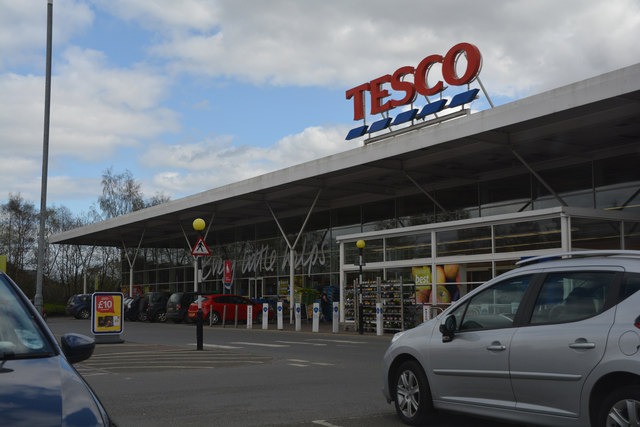Tesco, the UK’s largest supermarket chain, has recently issued guidance to customers regarding banana consumption and storage, aiming to reduce food waste and promote sustainability. This initiative addresses the significant number of bananas discarded daily due to improper storage and misconceptions about ripeness.
The scale of Banana Waste in the UK
Bananas are a staple in British households, with consumers purchasing over five billion annually. Despite their popularity, approximately 1.4 million bananas are wasted daily, about 10% of total purchases. This waste contributes to environmental concerns and represents a substantial consumer economic loss.
Tesco’s Advice on Banana Storage
To combat this issue, Tesco advises customers to store bananas separately from other fruits. Bananas emit ethylene gas, accelerating the ripening of nearby produce, leading to quicker spoilage. Keeping bananas isolated can prolong their freshness and that of other fruits.
Additionally, Tesco recommends storing bananas at room temperature. Refrigeration can cause the skins to blacken and may impart the banana’s aroma to other items in the fridge. By maintaining room temperature storage, bananas retain their quality and taste.
Utilizing Overripe Bananas
Tesco encourages consumers to embrace overripe bananas, which, despite their appearance, remain nutritious and flavorful. Overripe bananas are ideal for culinary applications, such as baking banana bread, blending into smoothies, or making banana-based ice cream. These practices reduce waste and offer delicious ways to enjoy the fruit.
Freezing Bananas for Extended Use
Freezing offers a practical solution for those unable to consume bananas before they overripe. Tesco suggests peeling ripe bananas and freezing them whole or in slices. Frozen bananas can be used directly in smoothies, as a snack, or to make “nice cream,” a healthy alternative to traditional ice cream. This method extends the fruit’s usability and minimizes waste.
Environmental and Economic Implications
Reducing banana waste has significant environmental benefits. Discarded food contributes to greenhouse gas emissions, and minimizing waste helps mitigate climate change. Economically, consumers save money by maximizing the use of purchased produce, making these practices beneficial on multiple fronts.
Final Thought
Tesco’s guidance on banana storage and utilization is a valuable resource for consumers aiming to reduce food waste and adopt sustainable habits. By implementing these simple strategies, individuals can enjoy bananas in various forms while contributing positively to environmental conservation and personal savings.
